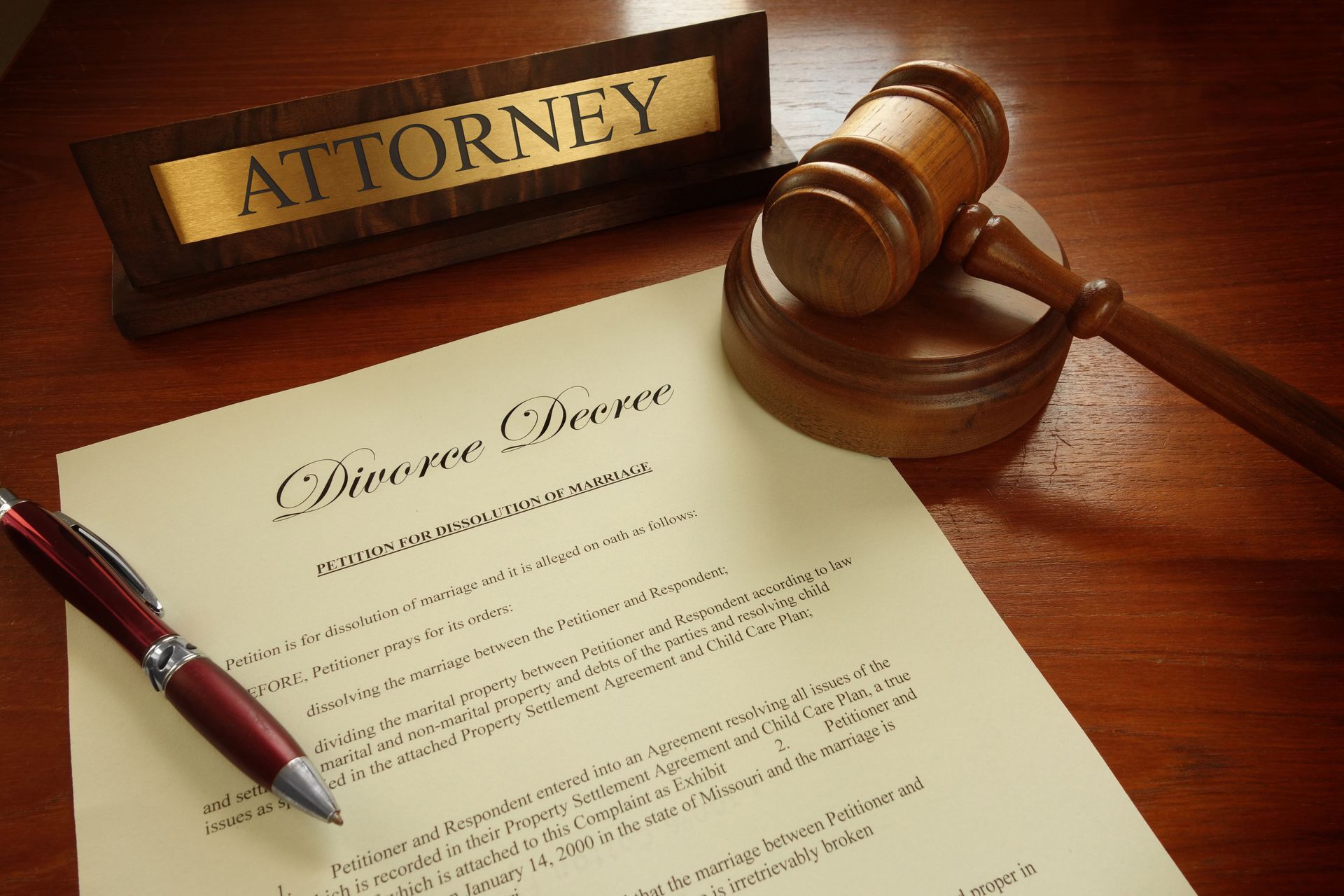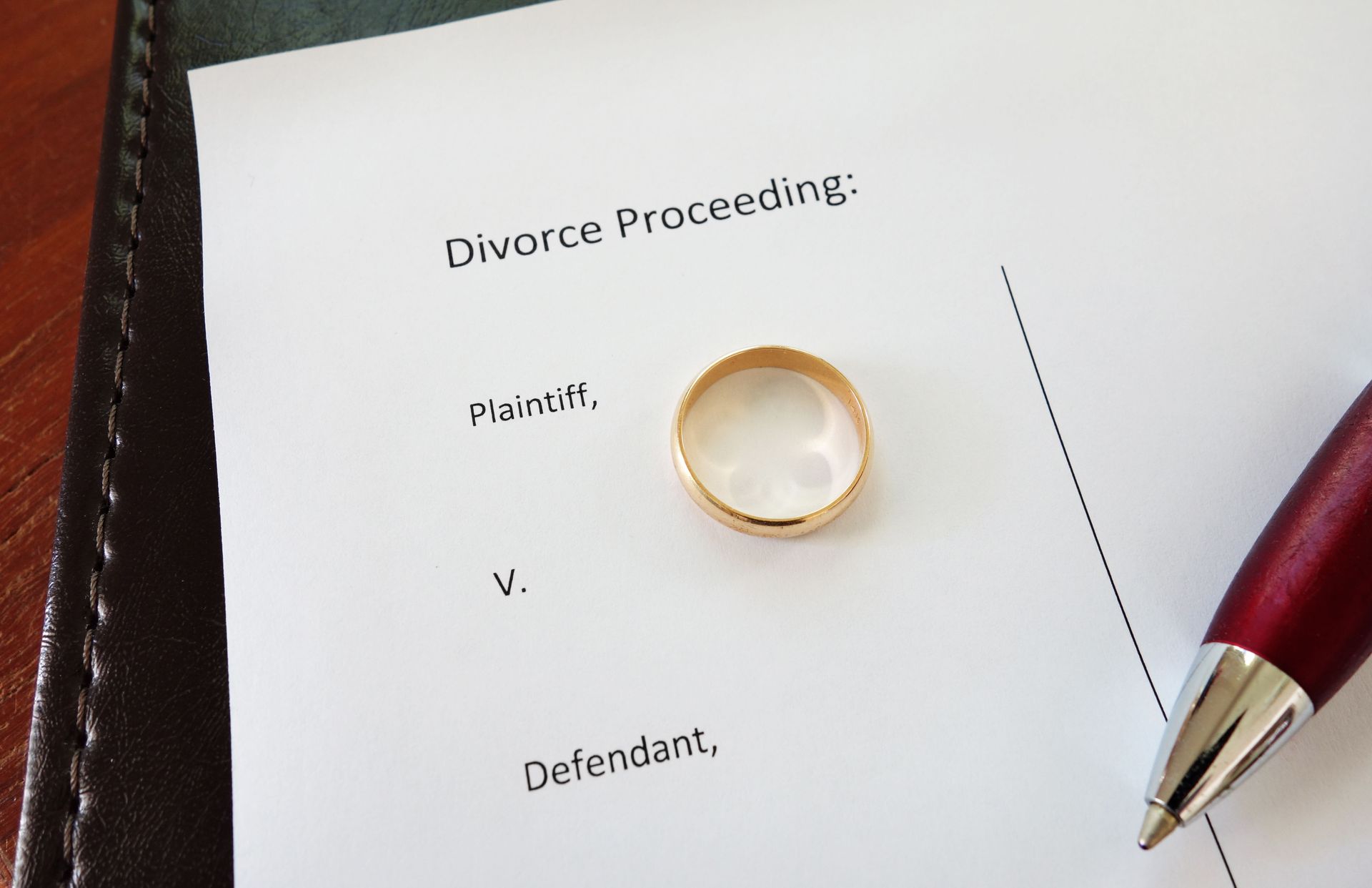Dual-State Divorce Solutions: Robyn Mann Law's Expertise in NY and CT
By Attorney Robyn Mann | November 14, 2025
Highlights:
- Dual-state divorces between New York and Connecticut involve navigating two separate legal systems that each have unique laws and requirements.
- Choosing the correct state to file in is critical because residency rules and asset locations can affect both cost and outcome.
- Property division becomes complex since New York uses equitable distribution while Connecticut applies an all-property standard.
- Child custody across state lines requires careful planning to ensure parenting arrangements work under both states’ rules.
- Dual-state filings can increase expenses and time but experienced attorneys can streamline the process and prevent disputes.
- Robyn Mann Law provides specialized guidance that protects clients’ interests and avoids complications in both New York and Connecticut.
Understanding the Scope of Dual-State Divorce
Navigating a
divorce that involves both New York and Connecticut is much more than filing papers in one courthouse—it's about managing two distinct legal frameworks. If you live in one state, work in another, own real estate across the border, or have business interests spanning both states, you really are dealing with “two puzzles at once.” The attorneys at Robyn Mann Law understand that some clients may assume a divorce filed in one state will automatically cover all assets, custody arrangements and support across both states—and that assumption can lead to big problems. For example, residency requirements differ: if you were married in New York but live in Connecticut (or vice versa), questions emerge about which state systems apply. A firm that specializes in dual-state filing can assess where you and your spouse meet residency, where your assets are located, and which jurisdiction may offer the most strategic advantage.
At Robyn Mann Law in Torrington, CT, the focus is on smoothing that path—helping clients evaluate where to file, how each state treats property and custody, and how to craft a plan that works in both places. In other words, they help you avoid the surprise of “we filed in State A, but State B says it doesn’t apply to X asset.”
Fun Fact
Did you know? New York and Connecticut are only separated by about 90 miles at their widest point, yet their divorce laws differ enough to completely change how assets and custody are decided.
How Will Property in Different States Be Divided?
When you own real estate, businesses, or significant assets in both Connecticut and New York, the asset-division question becomes especially intricate. According to Marital Laws, New York adopts an “equitable distribution” model: assets acquired during the marriage are considered marital property and subject to division, and separate property (like inheritance, gifts, property owned before marriage) may be protected—unless commingled. Connecticut, on the other hand, is an “all-property” state under its equitable-distribution law, according to Untangle. That means virtually all property owned by either spouse (regardless of when it was acquired or whose name it is in) can be divided. Suppose you have your marital home in Connecticut and a vacation condo in New York—the rules governing each may differ significantly. A firm experienced in both jurisdictions, like Robyn Mann Law, can develop strategies that evaluate each asset according to the applicable state’s rules, aim to protect what you brought into the marriage, account for what you earned together, and ensure the division is fair across both jurisdictions.
Will Child Custody Arrangements Work Across State Lines?
Another crucial area: custody and parenting time when state lines are in play. Both Connecticut and New York use the “best interests of the child” standard, but the way courts evaluate factors like geography, schooling, parental availability, and logistics differ. The Uniform Child Custody Jurisdiction and Enforcement Act (UCCJEA) provides for the enforceability of orders across state lines, but it doesn’t eliminate the need for careful planning. When one parent lives or works in New York and the child lives in Connecticut (for example), you need a plan that anticipates travel time, shared schooling schedules, holiday logistics, and emergency jurisdiction. The attorneys at Robyn Mann Law are conversant with both states’ family court processes; they help craft custody arrangements that are enforceable, realistic, and aligned with your lifestyle and cross-border parenting plan. The goal is to avoid a situation where one state’s order is harder to enforce because it didn’t sufficiently anticipate the bi-state realities.
Fun Fact
Did you know? The Uniform Child Custody Jurisdiction and Enforcement Act (UCCJEA), which helps manage cross-state custody disputes, has been adopted by 49 states—making Massachusetts the only state that hasn’t fully joined the system.
How Can Dual-State Filing Affect Divorce Costs and Timeline?
Many clients anticipate that dual-state divorce just means “more of the same,” but the reality is that it often leads to increased cost and longer timelines—unless managed by an attorney experienced with cross-state issues. More attorney hours are typically required to analyse both jurisdictions, travel may be needed, duplicate filings may be required, and jurisdictional fights can arise if both parties file in different states. Such fights can add months or even years to the resolution. The advantage of engaging Robyn Mann Law is that they bring the dual-state complexity into the initial strategy phase. By optimizing where to file, coordinating filings, anticipating which court will have jurisdiction, and streamlining asset disclosure across states, the firm works to reduce duplication and cost. Essentially, while dual-state divorces are inherently more complex, having an attorney experienced in both states can minimize the additional cost and time, protecting your interests without unnecessary expense.
Benefits of Specialized Dual-State Divorce Representation
Working with a dedicated multi-state divorce firm brings major advantages. At Robyn Mann Law, clients benefit from the avoidance of jurisdictional complications—such as competing filings in New York and Connecticut, which can drag out the process and increase costs. Experienced dual-state attorneys can often negotiate jurisdiction matters ahead of time, thereby reducing conflict and uncertainty. They also understand how the choice of state affects spousal support calculations, property division strategies, custody logistics, and how each state treats marital versus separate property. This expertise saves clients emotional stress and financial resources. In short, the right representation aligns legal strategy from day one, so you are not piecing things together as surprises emerge. Choosing a law firm with dual-state divorce experience isn’t just about having a lawyer—it’s about having a navigator who knows both maps.
Frequently Asked Questions
Can I file for divorce in both New York and Connecticut at the same time?
Filing in both states might seem like a way to protect your rights, but it usually creates confusion and delays. Only one state will ultimately have jurisdiction, and competing filings can lead to extra legal fees and prolonged proceedings. A dual-state attorney at Robyn Mann Law can help determine which state offers the best legal and practical advantages before filing.
How do I know which state’s property laws will apply to my assets?
In most cases, the laws of the state where the property is located will control how it’s divided. For example, your Connecticut home will likely fall under Connecticut law, while a New York vacation property will follow New York rules. Because each state’s approach to equitable distribution differs, having guidance from a firm experienced in both systems helps ensure fairness and protection of your interests.
What happens if my spouse moves to another state during the divorce?
If one spouse relocates during the process, jurisdiction and custody arrangements may need to be revisited. The court where the divorce was first properly filed will typically retain jurisdiction, but cross-border custody or support issues can arise. Robyn Mann Law can help you navigate these changes and adjust your legal strategy so your case remains on track, no matter where either spouse lives.
Why Choose Robyn Mann Law for Dual-State Filings?
If you’re facing divorce issues spanning New York and Connecticut, Robyn Mann Law stands out due to its focused crossover experience. Based in Torrington, CT, they specialize in guiding clients through both states’ legal systems, helping determine the best filing jurisdiction, coordinating asset division across state lines, and crafting parenting plans that work for bi-state realities. From the outset, they work to reduce the likelihood of jurisdictional fights, unexpected asset outcomes, or custody logistics problems. Their dual-state specialization means you won’t have to piece together advice from multiple attorneys unfamiliar with the other state’s laws. Instead, you’ll have one team that anticipates both states’ issues and builds a unified strategy. If your life spans both Connecticut and New York—property, residency, children, employment—you owe it to yourself to explore representation that reflects that complexity. Robyn Mann Law is designed precisely for that scenario.





Share On: